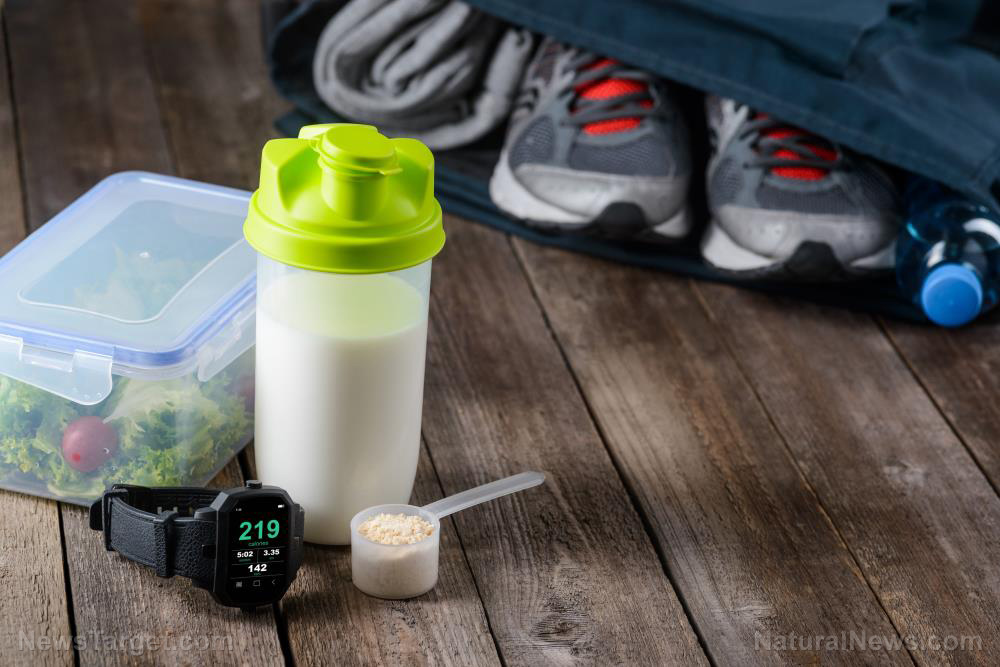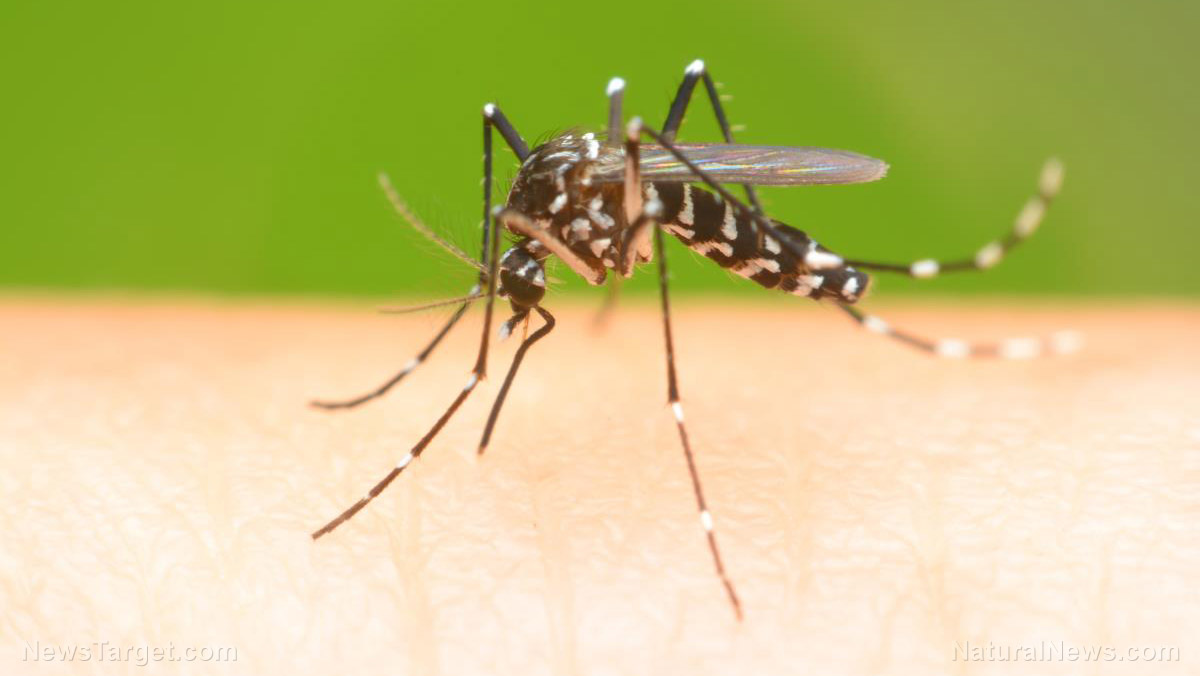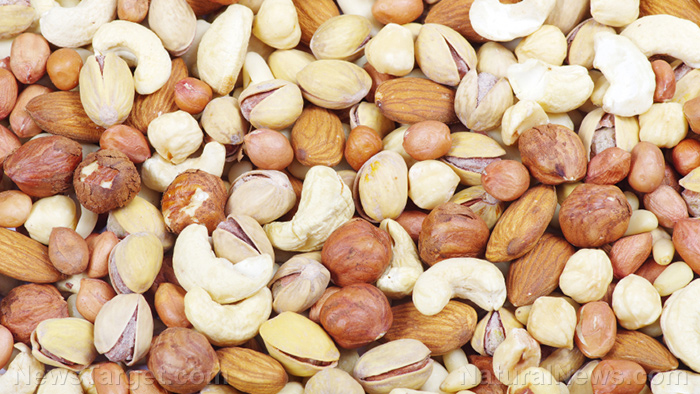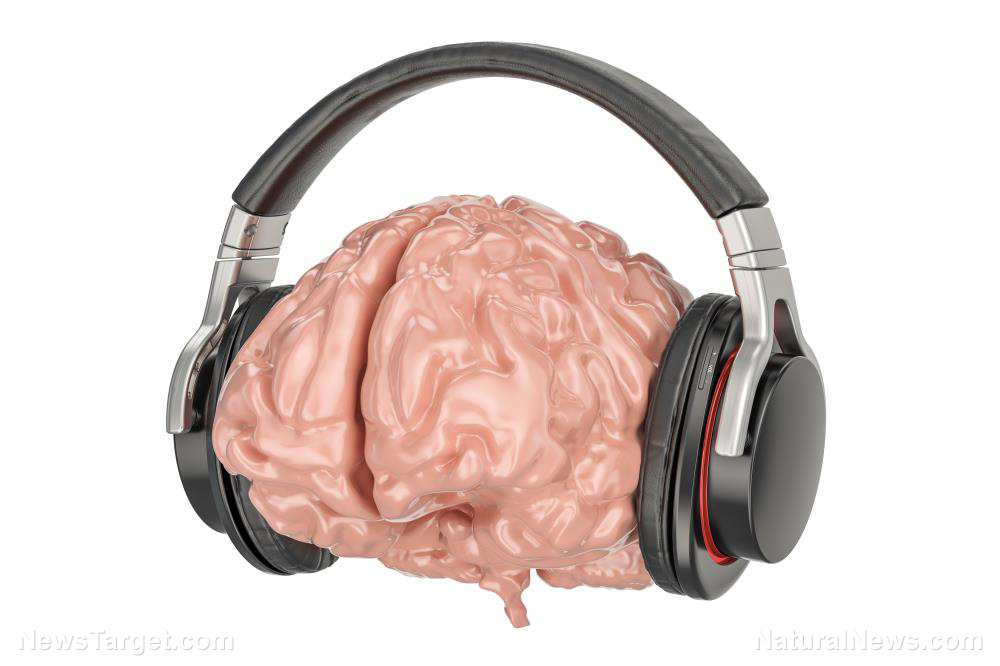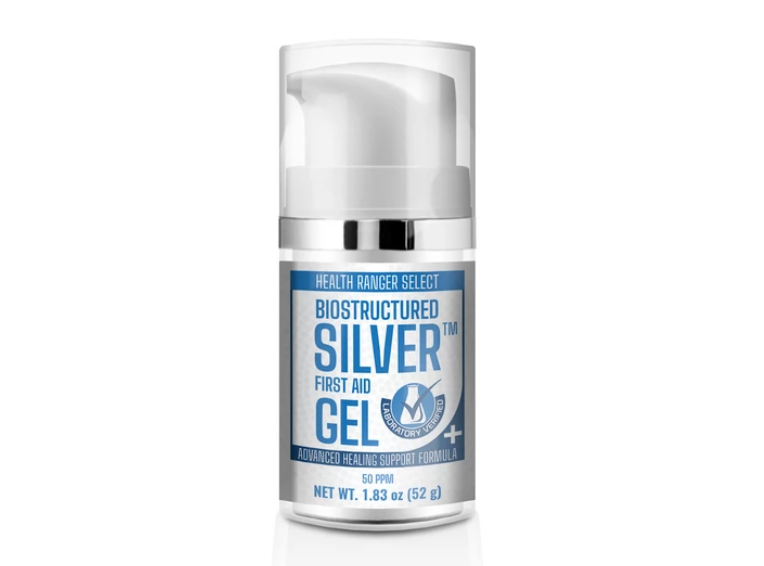Eating eggs and other sources of dietary cholesterol NOT linked to risk of stroke, according to study
11/11/2019 / By Tracey Watson

Heart disease is the number one cause of death in the United States, and high levels of cholesterol have been linked to this illness. Some studies have also claimed that consuming foods high in cholesterol increases the risk of stroke – another potentially fatal condition. As a result, cholesterol has been vilified to such an extent that many people are not even aware that there are both good and bad types of cholesterol, or that the good type performs several essential functions in the body.
Certain cholesterol-dense foods have therefore caused a lot of controversy over the years, including butter, certain oils, and eggs. At one point we were advised to avoid eating eggs altogether, and in more recent years have been admonished to limit our consumption of this protein-packed food.
Now, a study by researchers from the University of Eastern Finland, published in the American Journal of Clinical Nutrition, has found that eggs and other sources of dietary cholesterol do not elevate stroke risk.
The good news about cholesterol
While low-density lipoproteins (LDL) are harmful, high-density lipoproteins (HDL) are essential for digestion, the production of certain hormones, and in the generation of vitamin D. Since vitamin D is necessary for optimal immune function, consuming enough good cholesterol is very important. In fact, a large study conducted over more than two decades found that people with low cholesterol levels are more susceptible to infection. Cholesterol is also a precursor to corticosteroids, the hormones that protect the body against stress.
Sponsored: NEW Biostructured Silver First Aid Gel created by the Health Ranger combines three types of silver (ionic silver, colloidal silver, biostructured silver) with seven potent botanicals (rosemary, oregano, cinnamon and more) to create a breakthrough first aid silver gel. Over 50 ppm silver, verified via ICP-MS lab analysis. Made from 100% Texas rain water and 70% solar power. Zero chemical preservatives, fragrances or emulsifiers. See full details here.
Nonetheless, there are some foods that are high in saturated fats and that should be eaten in moderation because they cause cholesterol levels in the blood to rise. These foods include beef, pork, bacon, lamb, processed meats and certain cheeses.
It is important to note, however, that not all fats cause cholesterol levels to rise. Some, like coconut oil, olive oil and the fat in avocados are actually very healthy and promote heart health.
There are also foods that are even more powerful than chemical drugs at lowering cholesterol levels and don’t come with dangerous side effects.
Natural News previously reported:
A recent study published in the American Journal of Clinical Nutrition shows that eating certain foods can lower your cholesterol levels just as well as taking statin drugs. …
In this particular study, researchers found that foods such as soy protein, tofu, various other soy products, plus almonds and cereal fiber, as well as plant sterols, can lower total cholesterol and especially LDL cholesterol, better than statin drugs.
So, what’s the bottom line on eggs?
With all the conflicting advice we’ve received about eggs over the years, it is hardly surprising that many people are confused. So, what exactly did the Finnish study determine? Should we be skipping our morning egg or embracing it for its many health benefits?
The dietary habits of 1,950 men aged between 42 and 60 years with no baseline diagnosis of a cardiovascular disease were assessed at the onset [of] the Kuopio Ischaemic Heart Disease Risk Factor Study, KIHD, in 1984-1989 at the University of Eastern Finland. APOE phenotype data were available for 1,015 of the men participating in the study. Of those, 32% were known carriers of APOE4 [a genetic condition which significantly impacts cholesterol metabolism and causes dietary cholesterol to have more of an impact on serum cholesterol levels]. …
During a follow-up of 21 years, 217 men were diagnosed with stroke. The study found that neither dietary cholesterol nor egg consumption was associated with the risk of stroke — not even in carriers of APOE4.
The researchers concluded that regular consumption of eggs – but no more than one a day – had no impact on risk of stroke. Similarly, consuming other cholesterol-dense foods did not elevate stroke risk either.
And that’s great news for those who love a cooked breakfast. Just remember to skip the bacon, and if you’re going to fry your egg, use a heart healthy oil like coconut oil. Enjoy!
Learn more about the dangers of cholesterol-lowering chemical drugs at Statins.news.
Sources for this article include:
Tagged Under: APOE4, cholesterol, dietary cholesterol, eggs, groceries, heart attack, heart health, serum cholesterol, statins, stroke
RECENT NEWS & ARTICLES
Natural.News is a fact-based public education website published by Natural News Features, LLC.
All content copyright © 2018 by Natural News Features, LLC.
Contact Us with Tips or Corrections
All trademarks, registered trademarks and servicemarks mentioned on this site are the property of their respective owners.



